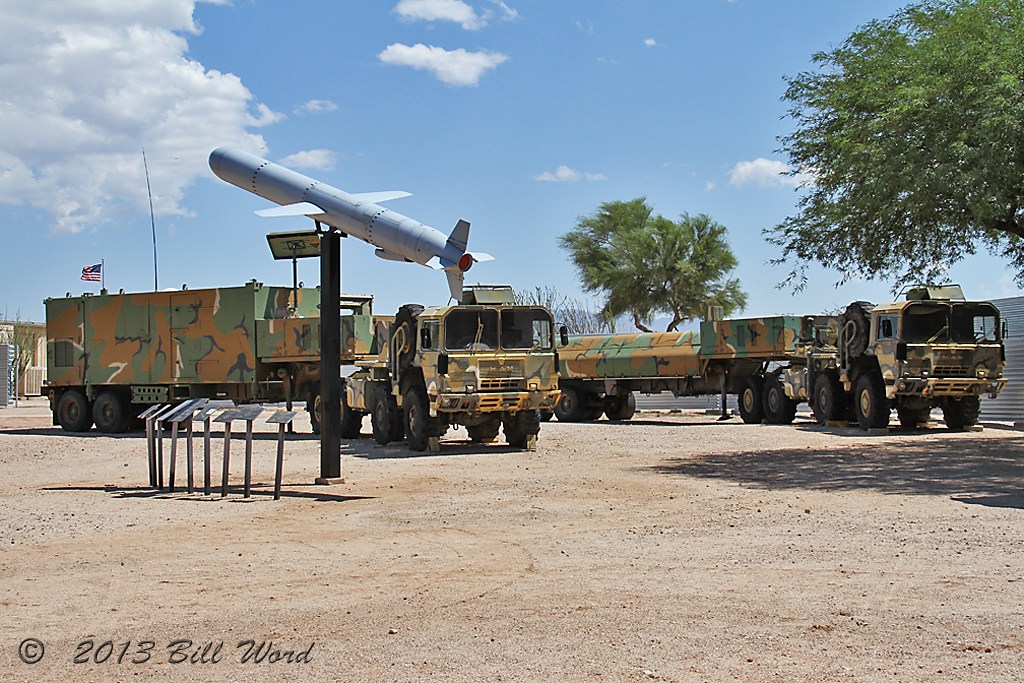 Bill Word / Flickr
Bill Word / Flickr
The INF Pullout will not Improve the US’s Ability to Counter China
Pulling out of the INF, which bans ground launched missiles with a range between about 300-3,400 miles, sets a dangerous precedent which stands in stark contrast to the US’s post-Cold War commitment to arms control. Supporters of the pullout have argued that any damage to the arms control regime between the US and Russia is worth it, as pulling out of the treaty will better allow the US to contain and deter China—which is not a party to the treaty.
This argument is flawed, as the additional nuclear freedom granted by the withdrawal will have minimal operational benefit for the US, because there is nowhere to deploy ground-based INF-range missiles where it would be both politically and operationally viable.
Potential Basing Locations for Ground Launched INF-range Missiles
To better understand the reasons why placing ground-based INF-range missiles to counter China isn’t feasible, it is useful to examine some of the possible locations.
South Korea
The deployment of ground-based ballistic missiles in South Korea would face fierce domestic political opposition in the country. One needs to look no further than the large protests and demonstrations that occurred in 2016 against the deployment of THAAD to see how this could play out. Furthermore, on February 10th the Moon government took the domestically unpopular step of increasing its contributions to the costs of US troops deployed in the country, leaving it with little political capital to push for a new deployment of US missiles.
In addition to the domestic cost South Korea would face from agreeing to a US deployment, there could also be a significant economic cost, as China could retaliate with both formal and informal sanctions over the deployment. For example, after the deployment of THAAD China retaliated with sanctions which cost the South Korean economy more than $7 billon.
Adding to the complications, introducing nuclear-capable missiles to the Korean peninsula would erase any progress being made to ease tensions with North Korea. Any missiles based here would only further cement the North’s desire for a more formidable nuclear capability of its own.
Japan
Ground based ballistic missile deployment in Japan would run into similar domestic and economic concerns. As recently as last August thousands of Japanese citizens took to the streets to protest for the removal of US troops from Okinawa. Adding INF-range missiles would only exacerbate tensions with the population. It would also be politically challenging for Japan to agree for a deployment of US missiles, as Yoshihide Suga Japan’s Chief Cabinet Secretary said in October that Japan “would not like a situation when the US would really have to withdraw from the treaty”. Furthermore, Japan like South Korea would be venerable to Chinese economic retaliation.
And like any potential basing in South Korea, this would further complicate any efforts to negotiate with North Korea.
Guam
As a US territory Guam doesn’t present the same political challenges as Japan and South Korea. Instead, Guam presents operational challenges, as its small size would leave missiles especially venerable to Chinese counter-attack. Guam is only 30 miles long and 10 miles wide with only a fraction of that territory suitable for missile basing. In a conflict there would be nowhere for these missiles to hide, thus forcing a “use it or lose it” scenario.
Taiwan
Located just off the coast of mainland China, Taiwan has been suggested as a potential basing option for INF-range missiles. Given its proximity to China, INF-range missiles stationed here would be able to reach the majority of the country. However, US missiles would do little to change the strategic situation, as Taiwan already fields a large arsenal of INF-range missiles. Diplomatically, the move would be extremely provocative and could risk Chinese military action.
Turkey
Incirlik Air Base in Turkey would seem like an attractive basing location for INF-range missiles. US forces already operate from the base and INF-range missiles deployed there could reach western and central China. But like elsewhere, basing here could run into economic and political concerns. Although Turkey is a NATO ally, it has embraced China and Russia after the failed 2015 coup attempt. Economic concerns could also be an issue, as Turkey has leaned heavily on Chinese loans following the recent contraction of its economy.
Conclusions
All potential land basing options present significant operational and political challenges. Furthermore, US objectives can already be achieved through INF compliant platforms. US ships, submarines and planes armed with intermediate range missiles operate regularly within the INF’s banned range, but are not affected by the treaty. These are not only INF compliant but also have much greater survivability due to their mobility. The harm that the INF pullout has caused to the global arms control regime is immense, while the military benefit is negligible at best.
While it is unlikely that the Trump Administration will reverse its decision to withdraw, Congressional members on both sides of the aisle should use their oversight powers to push back against the argument that the withdrawal will better allow the US to confront China.





